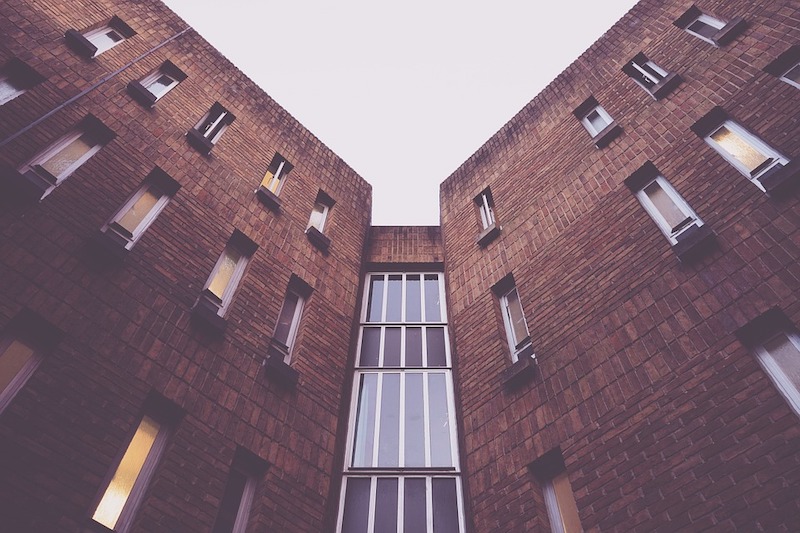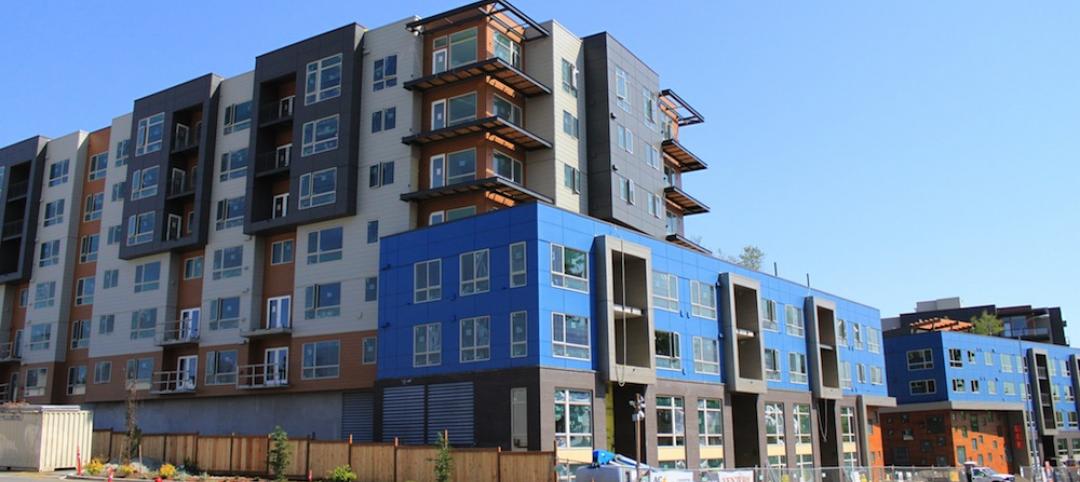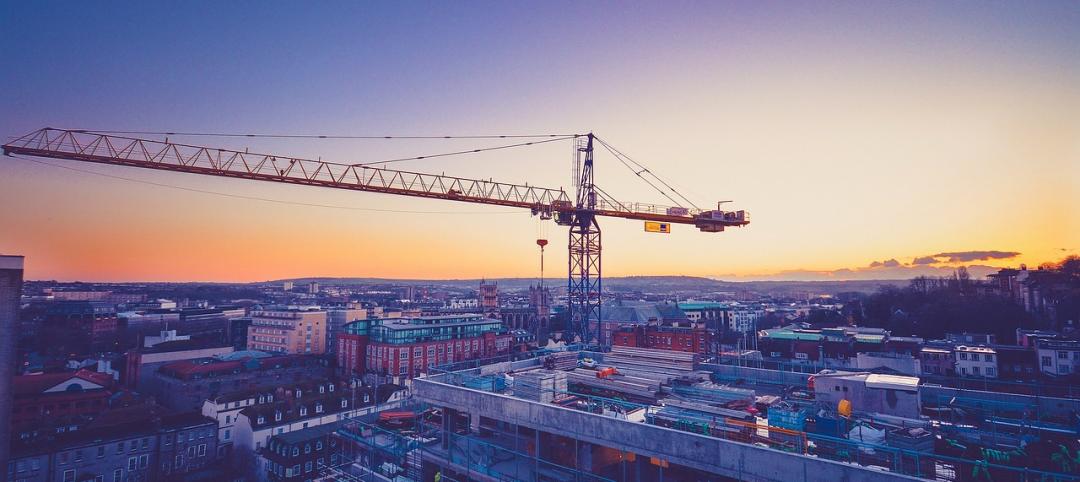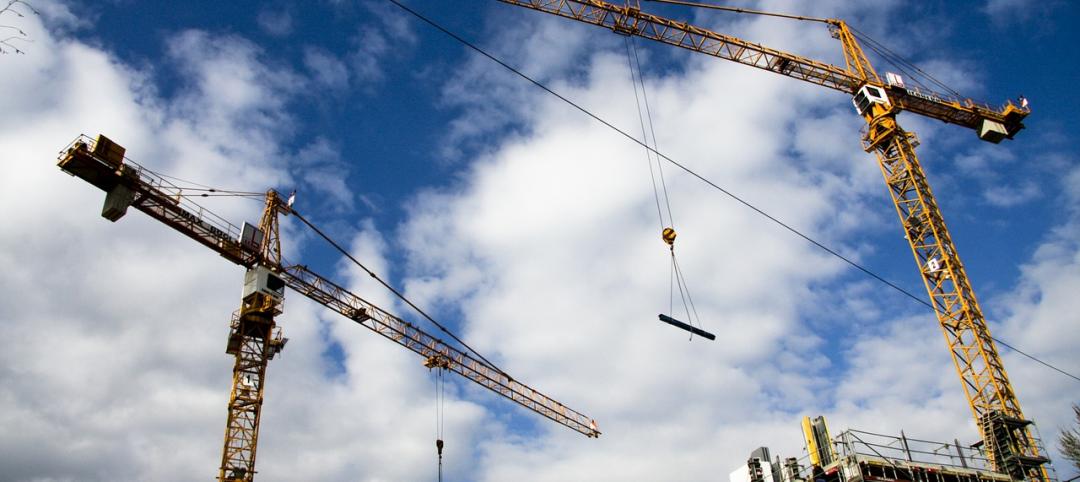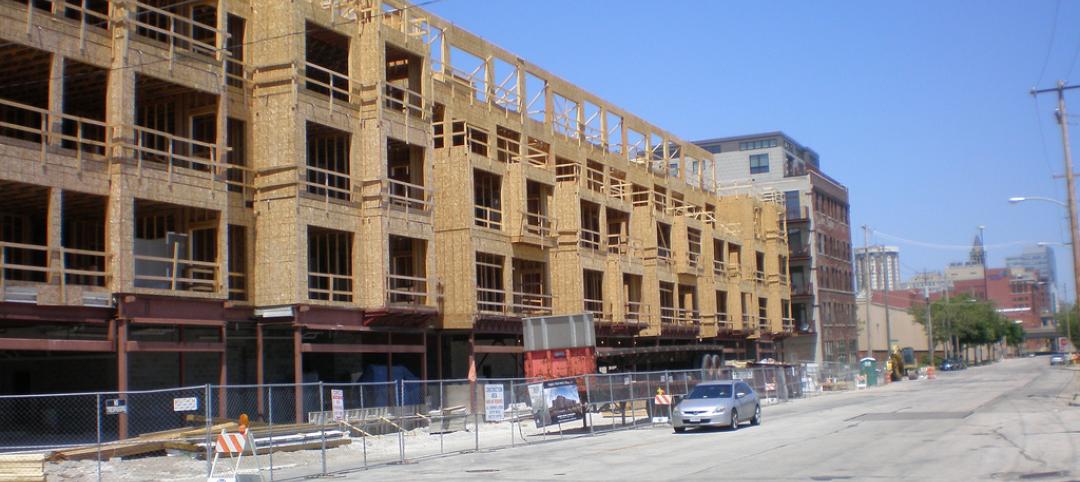A new Hoyt Advisory Services Study commissioned by the National Apartment Association (NAA) and National Multifamily Housing Council (NMHC) reveals that the apartment/multifamily industry and its residents annually contribute more than $3.4 trillion to the national economy. The new report, available at WeAreApartments.org, provides a detailed breakout of the economic impact nationally, by state, and in 50 metro areas.
New data show how different aspects of the apartment industry positively impact national, state and local economies. Resident spending contributes $3.0 trillion to the U.S. economy, while operations adds $175.2 billion. New construction contributes $150.1 billion and renovation and repair adds $68.8 billion.
Highlights from the report include:
— All four sectors of the industry have posted very strong growth, punctuated by the construction industry ramping up to meet the unprecedented demand for apartments this cycle – reaching a height of 346,900 completions in 2017, up from 129,900 in 2011.
— Previous research by Hoyt Advisory Services found that we need to build an average of 328,000 apartments per year at a variety of price points to meet existing demand, which would bring continued economic activity. This number of multifamily completions has only been surpassed twice since 1989.
— Hoyt research also found that a significant portion of the existing apartment stock will need to be renovated in the coming years, boosting spending in the renovation and repair sector.
— The combined contribution of apartment construction, operations, renovation, and resident spending equals $3.4 trillion per year, or more than $9.3 billion daily.
“The apartment industry’s contribution is one that has grown in recent years, fueled by increased rental demand overall as population and employment growth continue and renting becomes a preferred tenure choice for millions of Americans,” said Eileen Marrinan, Managing Director of Eigen 10 Advisors, which partnered with Hoyt.
“Construction is still moving ahead, as there’s a need for additional apartments in many states. And, due to an abundance of aging stock, there’s a growing need for renovations and improvements on existing apartment buildings. Construction and renovation/repair will provide a sizable boost in jobs – and the economy – nationwide, and will continue to be a hefty contribution to the country’s economy for decades,” said NMHC President Douglas M. Bibby.
“The multifamily industry is an economic engine powering the economy very significantly at the national, state and local levels,” said NAA President Robert Pinnegar. “This clearly illustrates the tremendous positive impact our apartments have on the communities they serve.”
This study provides data to back up the assertion that the apartment industry contributes to national, state and local tax economies. Tax payments associated with apartment operations, as well as tax payments by apartment residents, contributed $408.9 billion to the national economy. These taxes support schools, improvements to local infrastructure, and other critical services in communities across the country.
Related Stories
Hotel Facilities | Jan 13, 2016
Hotel construction should remain strong through 2017
More than 100,000 rooms could be delivered this year alone.
Market Data | Jan 6, 2016
Census Bureau revises 10 years’ worth of construction spending figures
The largest revisions came in the last two years and were largely upward.
Market Data | Jan 5, 2016
Majority of AEC firms saw growth in 2015, remain optimistic for 2016: BD+C survey
By all indications, 2015 was another solid year for U.S. architecture, engineering, and construction firms.
Market Data | Jan 5, 2016
Nonresidential construction spending falters in November
Only 4 of 16 subsectors showed gains
Market Data | Dec 15, 2015
AIA: Architecture Billings Index hits another bump
Business conditions show continued strength in South and West regions.
Market Data | Dec 7, 2015
2016 forecast: Continued growth expected for the construction industry
ABC forecasts growth in nonresidential construction spending of 7.4% in 2016 along with growth in employment and backlog.


